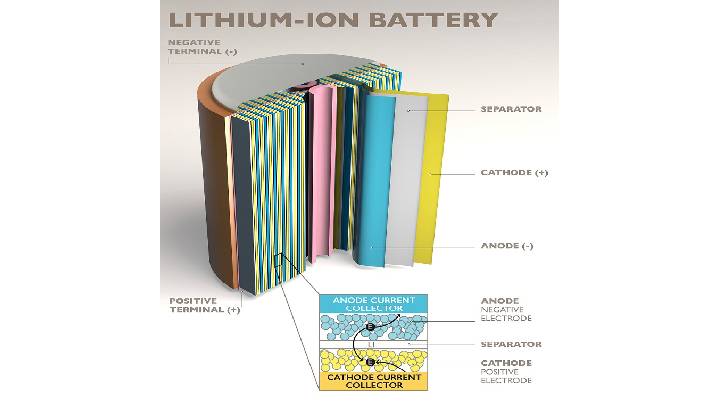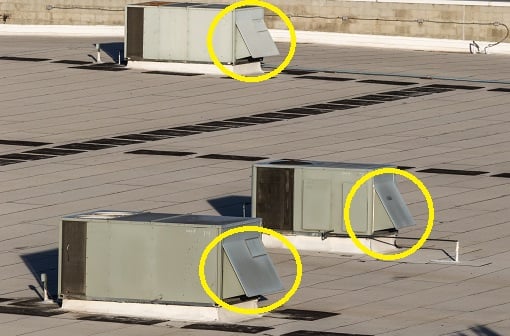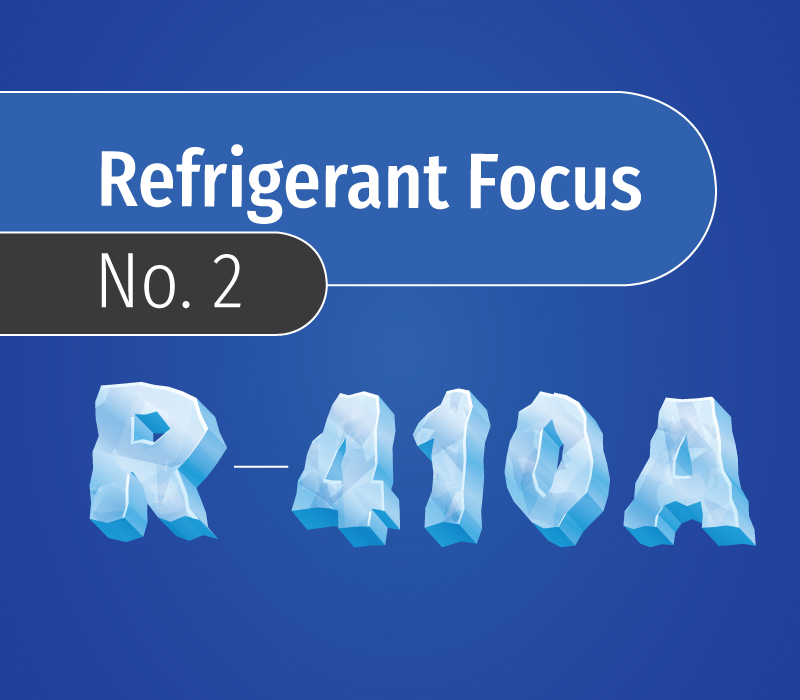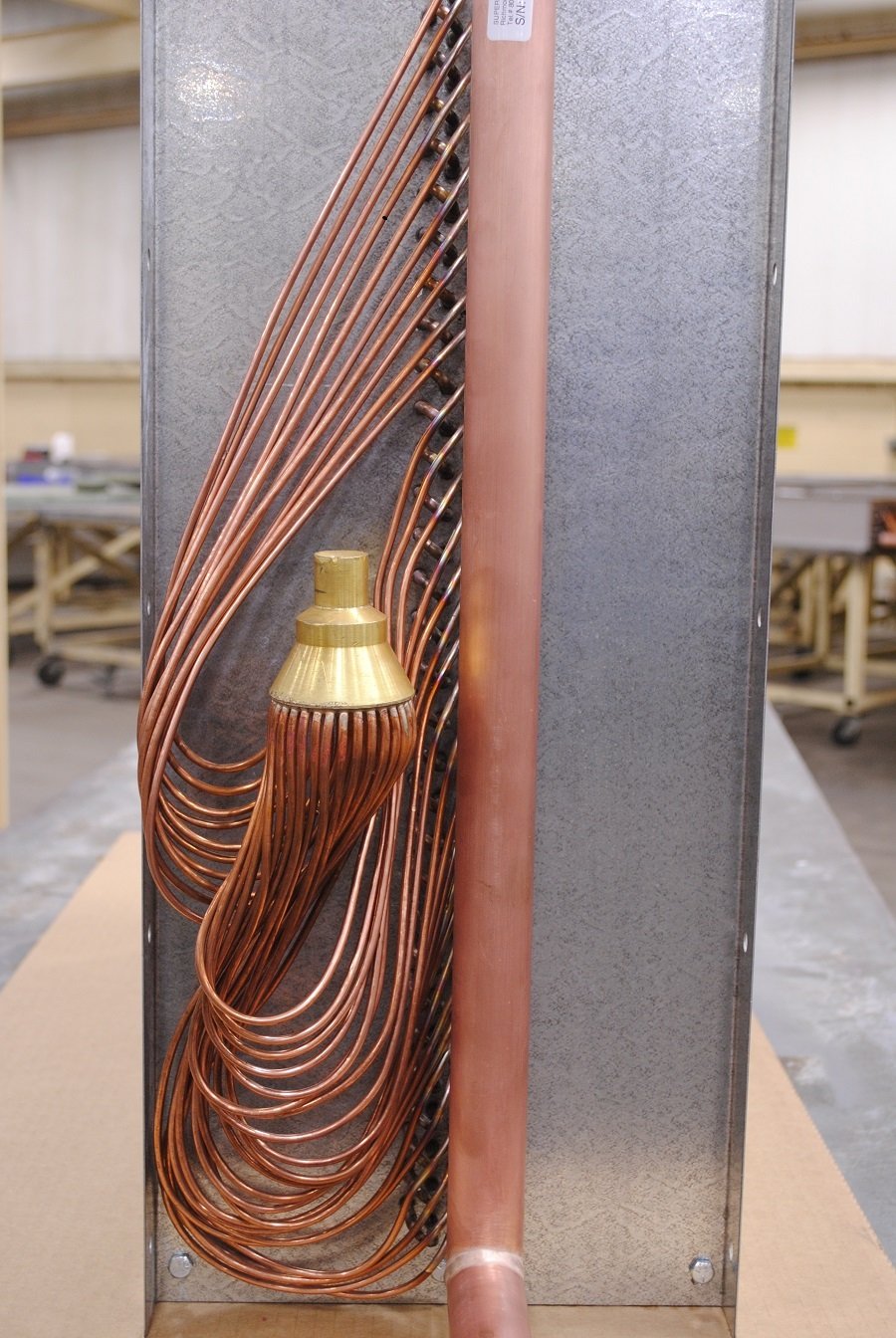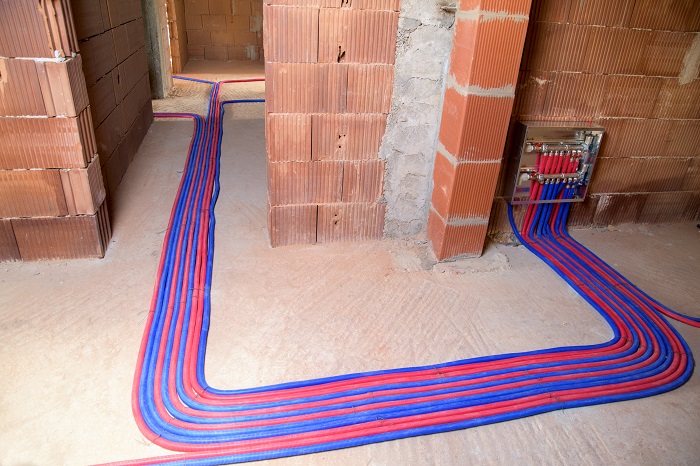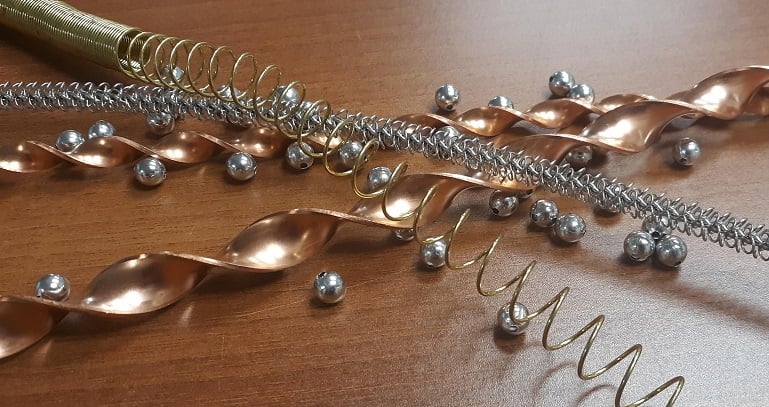Well, believe it or not, 2024 is just about over. It’s been quite a busy year in the world of HVAC, manufacturing, and heat transfer, and we thought we’d run through a brief recap of some of this year’s biggest headlines before we officially turn the calendar to 2025.
Read More
Topics:
HVAC,
Efficiency,
Refrigerants
Every so often, we like to take a detailed look at the applications for which our products are used. This installment will focus on solvent recovery applications during the production of battery products. In this post we’ll answer the questions:
- What is solvent recovery?
- How is solvent recovery used in battery liner production?
- What role does heat transfer play in the process?
This is the second of a series of articles about battery power and its adjacent industries and processes. Check out the first post in the series - “Battery Storage Facility Cooling System Design.”
Read More
Topics:
Coils,
Efficiency,
Expertise
In industries like commercial and industrial HVAC, there’s an understandably massive focus on innovations aimed at improving efficiency. Billions of dollars are spent every year on research and development to drive down operating costs without compromising on performance. Doing more with less is the name of the game, and included among the measures intended to do so is the economizer.
Read More
Topics:
Power Generation,
HVAC,
Heat Exchangers,
Efficiency,
Engineering
We’re super excited to announce that we’ve validated the performance ratings for R-449A and R-448A condensers in Enterprise, our coil selection software. We believe the condenser coil performance model we’ve developed is the most comprehensive and accurate of its kinds in the industry.
We wanted to use this post to briefly explain our testing methodology to our users. We’ll also touch on why performance modeling for these refrigerants has been challenging in the past, and how we plan to improve our model over time.
Read More
Topics:
Heat Exchangers,
Efficiency,
Expertise,
Reliability,
Engineering,
Refrigerants
As far as stages go, professional football's championship game is one of the biggest out there, and there’s a small army responsible for making sure everything goes off without a hitch. Behind that army of personnel is an even larger assemblage of vehicles, equipment, and other technology that help along the way – one of which is the heat exchanger.
Heat exchangers of all shapes, sizes, and functions play a part in the Great American Game – from down on the field to very high above it. So, we thought it’d be fun to list some that help to make the big game everything we know and love.
Read More
Topics:
Refrigerated Display Case,
Food Storage & Processing,
Ground Support,
Computer & Electronics Cooling,
HVAC,
Coils,
Efficiency,
Reliability
Our refrigerant focus series consists of deep dives into the history, properties, suitable applications and pros and cons of some of today’s common refrigerants. This installment will focus on R-410A.
Read More
Topics:
Refrigerated Display Case,
Heat Exchangers,
Efficiency,
Reliability,
Engineering
When designing a heat exchanger, an engineer should not only consider thermal performance, but also external influences that can negatively impact thermal performance, such as fouling.
Read More
Topics:
Power Generation,
HVAC,
Coils,
Nuclear Products,
Efficiency,
Expertise,
Reliability,
Engineering
In a refrigeration circuit, the evaporator coil plays a critical role. Part of its responsibility is creating the controlled pressure drop necessary for the refrigerant to change phase, the bulk of which occurs via the system’s metering device, such as a thermostatic expansion valve (TXV).
Read More
Topics:
Refrigerated Display Case,
Computer & Electronics Cooling,
HVAC,
Coils,
Efficiency,
Expertise,
Refrigerants
This article has been updated. It is accurate as of Feb. 8, 2022
For low-temperature hydronic systems, systems in which chillers and AHUs are located outdoors, or other equipment used in low-temperature processes, some form of glycol is a critical ingredient. It works to lower the fluid’s freezing temperature, enabling lower-temperature operation and preventing freezing.
Read More
Topics:
Food Storage & Processing,
Ground Support,
Coils,
Heat Exchangers,
Efficiency,
Expertise,
Reliability,
Engineering
In fin tube heat exchangers, the fluid (gas/water/glycol/refrigerant/etc.) circulating through the coil’s tubes is extremely important for the coil’s overall performance – it’s half the battle, along with airside heat transfer. The degree to which the fluid contacts the tube walls affects the coil’s performance and influences a system's overall efficiency – the more the fluid comes into contact with the tube wall, the better – and more economical – the heat transfer.
Read More
Topics:
Coils,
Heat Exchangers,
Efficiency,
Engineering



